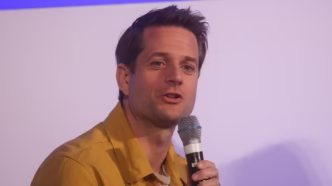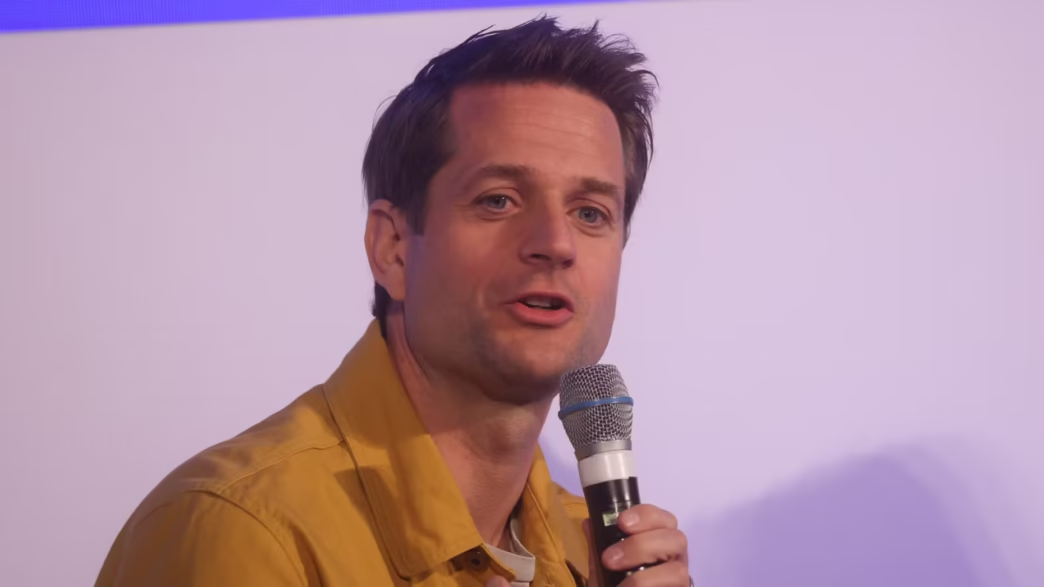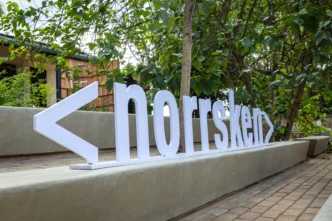Liam Fedus, who served as OpenAI’s vice president of research for post-training, has officially announced his departure to launch a new AI-driven materials science startup. His exit highlights the growing shift of AI talent into the scientific research space, where artificial intelligence is increasingly seen as a catalyst for breakthroughs in physics, chemistry, and materials development.
Fedus confirmed the move on X (formerly Twitter) after The Information initially reported his plans. He explained that his background in physics inspired his decision to apply AI technology to scientific problems, particularly in materials science. “Because AI for science is one of the most strategically important areas to OpenAI and advancing toward artificial superintelligence, OpenAI plans to invest in and partner with my new venture,” Fedus shared.
The new company enters a competitive arena where tech giants like Google DeepMind and Microsoft are already exploring AI-powered materials discovery. In 2023, DeepMind unveiled its system, Gnome, which identified new crystal structures potentially useful in creating advanced materials. Meanwhile, Microsoft recently launched MatterGen and MatterSim, two AI models designed to assist in discovering and simulating novel materials.
However, not everyone is convinced that AI, in its current form, can truly revolutionize scientific discovery. Some experts argue that while AI can significantly accelerate experimentation and data analysis, generating groundbreaking scientific insights still requires deep human expertise and creativity.
Despite the skepticism, Fedus’ new startup reflects the growing optimism that AI can reshape the pace and scope of scientific research. With backing from OpenAI, his venture aims to push the boundaries of materials science, seeking to develop tools that could lead to faster innovation in industries ranging from renewable energy to semiconductors. As competition heats up, Fedus’ company is set to play a pivotal role in shaping the future of AI-driven scientific exploration.













